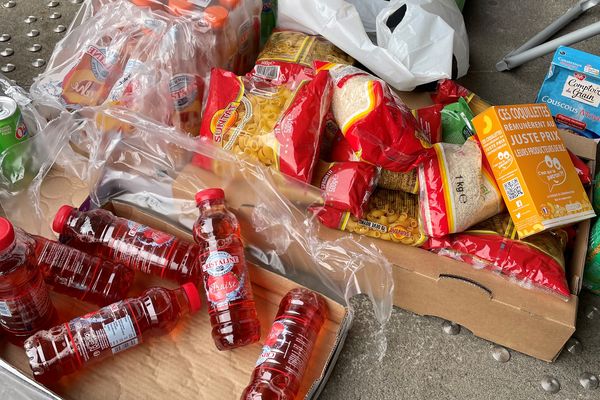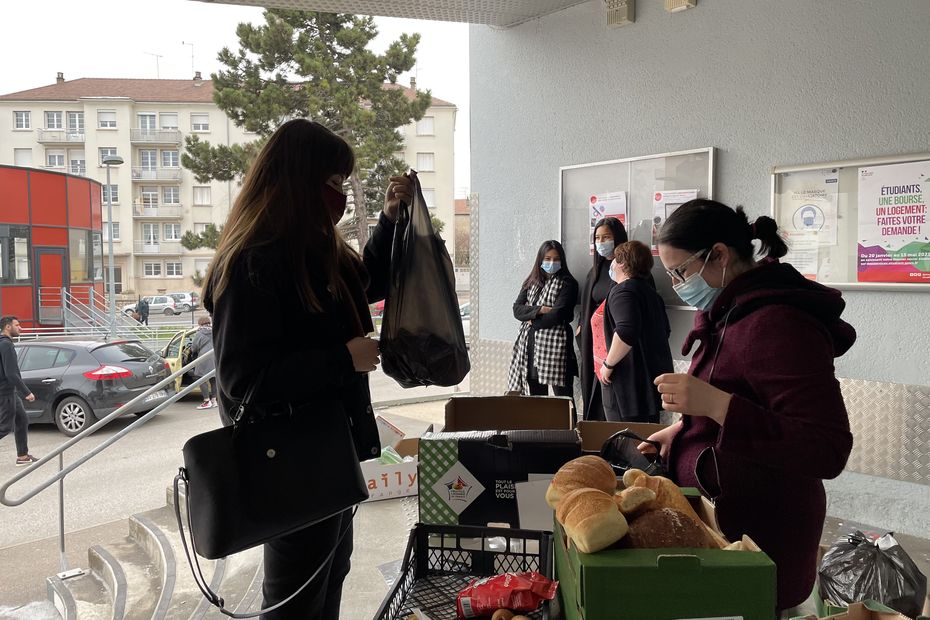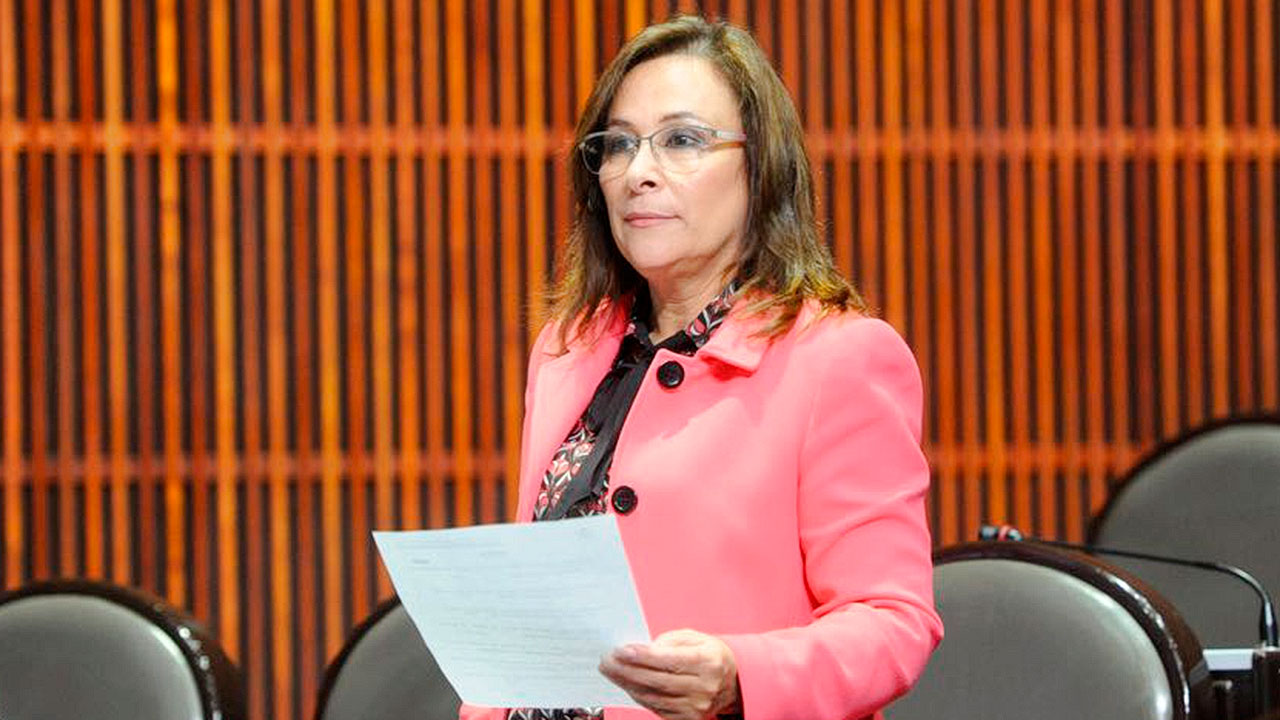Insecurity, dropping out of school, unhappiness: the situation of students has worsened due to the health crisis. We were able to talk to some of them during a food distribution organized on the Dijon university campus. Report.
–
“I work on the side, but with the covid, it’s a bit complicated”. Andreatahiry is 24 years old, and is in his third year of law studies at the University of Burgundy. On Wednesday March 3, she came to collect food during a distribution organized by the association International social actions on the Dijon university campus. Thus, around thirty students, like her, lined up to collect packages of rice and pasta, drinks, bread and fresh produce.

The students were able to collect food for free.
•
© France Televisions / Sylvia Bouhadra
–
After filling a bag with food, Andreatahiry recounts: “In terms of budget, it’s really limited”. The young woman is encountering great financial difficulties due to the health crisis: “The end of the month is complicated, the beginnings of the month, too. We have to choose whether we will eat at noon or in the evening”.
On the psychological side, it is not easy.
Mauricette, is also a law student and is preparing a thesis in public law. She says she encounter more problems related to discomfort: “In terms of financial insecurity, that’s fine, but on the psychological side, it’s not easy. Staying in your room all the time, knowing that the lessons are done remotely, it’s difficult. From 6 p.m. you want to to breathe a little, but we can’t “.
Significant damage due to the health crisis
Since the start of the Covid-19 epidemic, 80% of young people say they have “suffered significant damage as a result of the health crisis”, according to a study carried out by Odoxa-Backbone and published in January 2021. In total, eight out of ten students are afraid of encountering difficulties in completing their studies. This is the case of Ice, an archeology student, who also came to collect food: “In terms of studies, there are requirements that cannot be fulfilled, there are studies that must be done in the field and the health crisis has turned everything upside down.”
Since the health crisis started, there has been an increase in demands and quite frankly we are overwhelmed.
Georges Mezui, is the president of the association Actions solidaires internationales. It has existed since 2019 and organizes weekly food distributions to students, but also to families in difficulty. Since the start of the health crisis, the activities of the association have been on the rise: “Since the health crisis began, there has been an increase in demands and quite frankly we are overwhelmed. This is why we have increased our food distribution activities on campus by 70%.”
Each week, volunteers collect unsold products from supermarkets in Dijon to redistribute them. For all students, the International Solidarity Actions team is present every Wednesday at 3:30 p.m., opposite the Mansart theater in Dijon.
–


